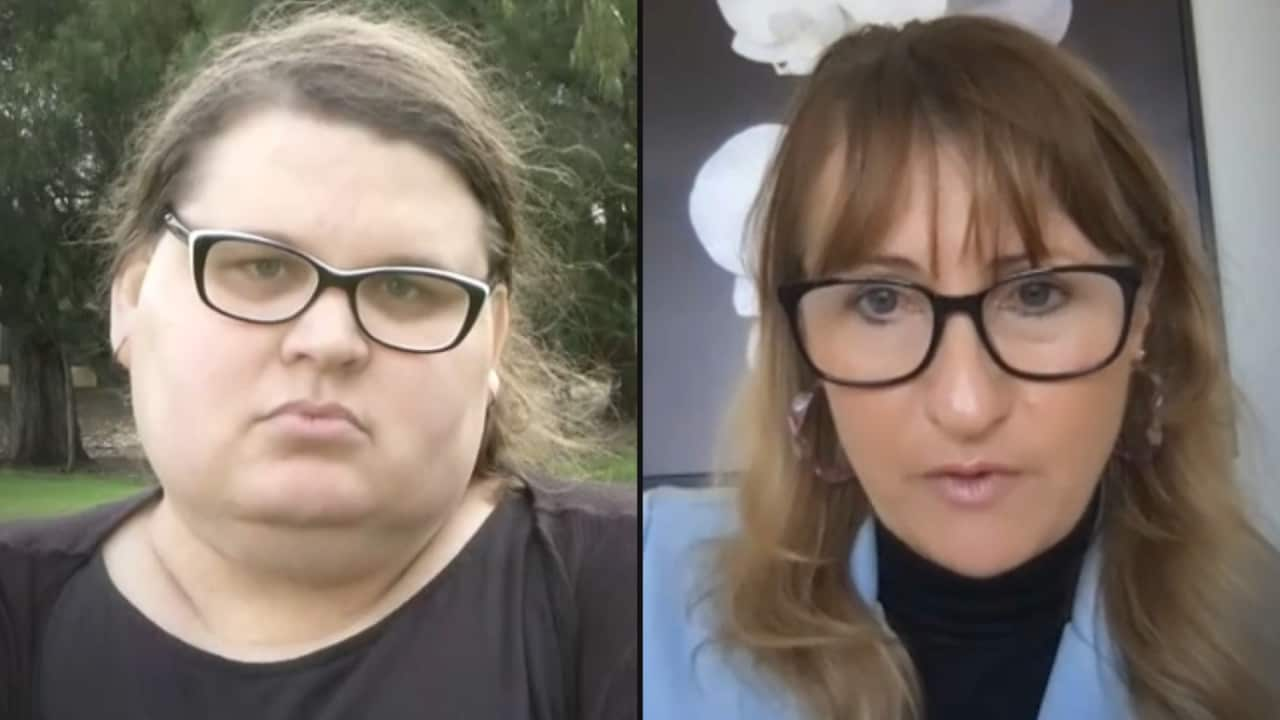KEY POINTS
- Scott Morrison says the robodebt report findings are part of a "political lynching".
- The former prime minister has told Labor to "move on" from the scandal.
- The report found Morrison allowed cabinet to be misled.
Former prime minister Scott Morrison claims he is the victim of a "political lynching" by the robodebt royal commission, and has told Labor to "move on" from the scandal.
The report, handed down by Commissioner Catherine Holmes this month, found the had treated its victims "like criminals".
That included particular criticism of Morrison, who it found had "allowed cabinet to be misled" on the legality of the scheme.
Speaking to parliament for the first time since the report was handed down, Morrison described Holmes' findings against him as "disproportionate, wrong, unsubstantiated".
"The latest attacks on my character by the government in relation to this report is just a further attempt ... to discredit me and my service to our country during one of the most difficult periods our country has faced since the Second World War," Morrison said on Monday.
"This campaign of political lynching has once again included the weaponisation of a quasi-legal process to launder the government's political vindictiveness. They need to move on.
"I say to the government: instead of trying to distract attention from their own failings by relentlessly pursuing these transparently partisan campaigns against me, that they get on with the job they promised to do and are failing to do."
Morrison rejects report's findings
Morrison, who brought the debt collection scheme to cabinet when he was social services minister, was one of a handful of former Coalition .
The report found Morrison did not ask why his department suddenly shifted its advice over the scheme, having initially warned it would be illegal unless legislation was changed.
"Mr Morrison allowed cabinet to be misled because he did not make that obvious inquiry," it read.

Morrison says he's the victim of a 'political lynching'. Source: AAP / Lukas Coch
"I do, however, completely reject the Commission's adverse findings in the published report regarding my own role ... as disproportionate, wrong, unsubstantiated and contradicted by clear evidence presented to the commission," he said.
"My obligations were fully and properly discharged. The contention by the commission that ministers should not be able to rely on the advice of their department, and therefore be required to relitigate the details of every submission their department prepares for the submission to cabinet, is not only wrong but it would make executive government unworkable."
Morrison tight-lipped on referral
The report recommended individuals involved in the robodebt scheme face criminal and civil charges, but did not name them.
Morrison again did not comment on whether he was the subject of a referral, though other former ministers - including Alan Tudge and Stuart Robert - said they have not been referred.
The report sparked fresh questions over Morrison's future in parliament, but the backbencher insisted he would "continue to serve" his electorate of Cook.
The comments came after Kathryn Campbell became the first major figure linked to robodebt to stand down after the findings, in Defence.
Campbell was within days of the report going public, but Defence confirmed on Monday that it had cut ties with her entirely.
Holmes found Campbell, the head of Morrison’s department at the time, “failed to act” when given the opportunity to seek legal advice over the scheme, and "chose to stay silent" despite knowing of its misleading effects.










